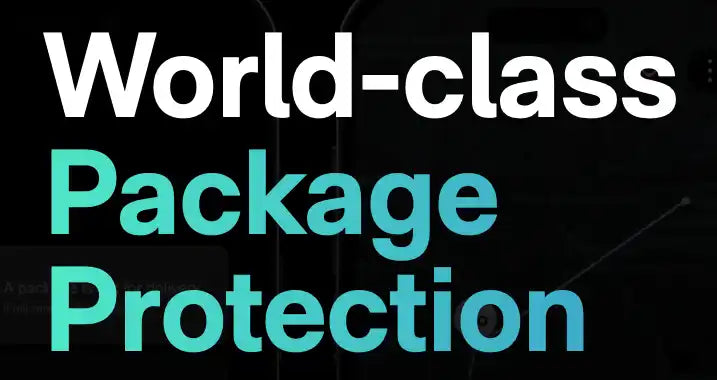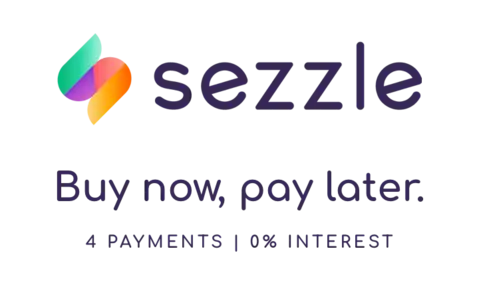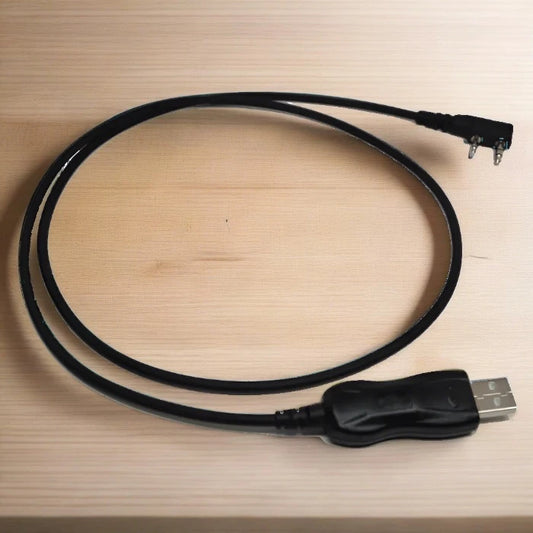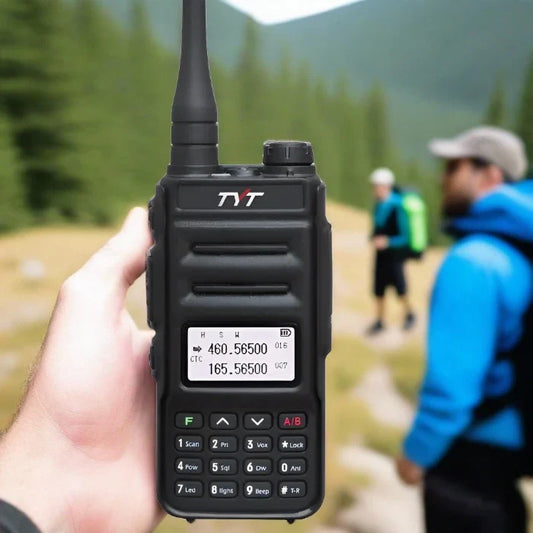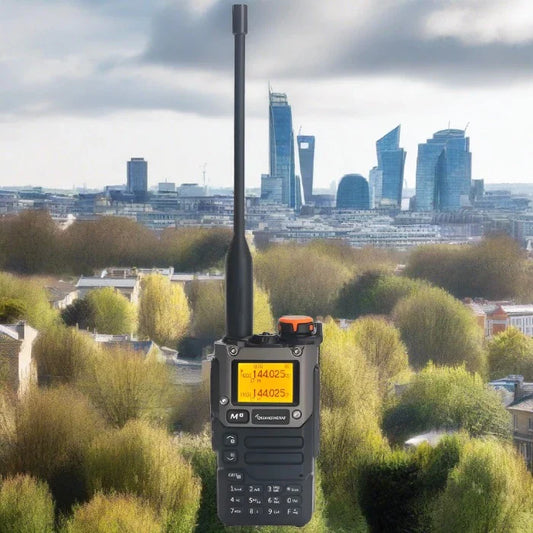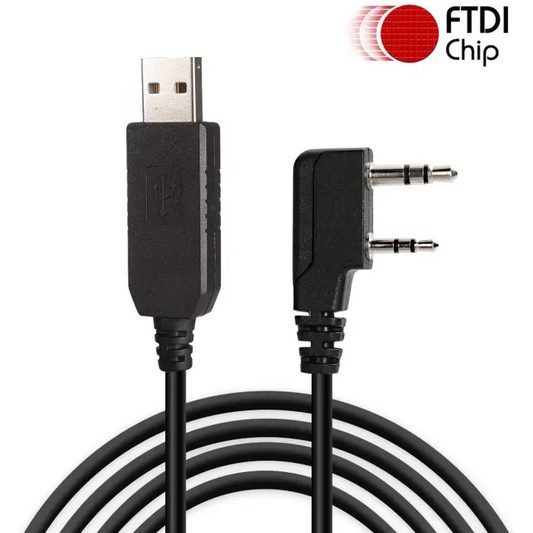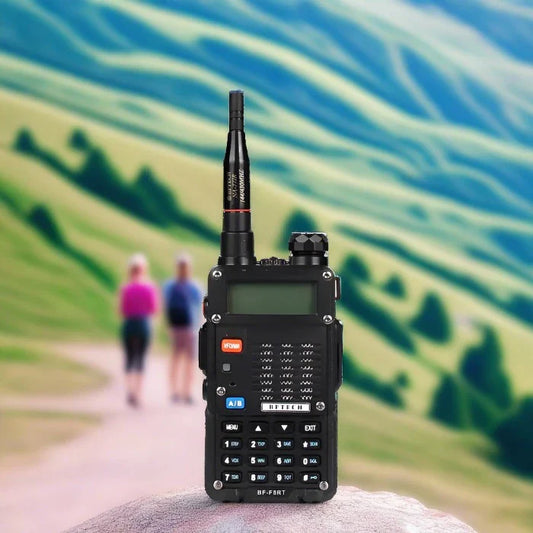Introduction:
The world of amateur ham radio offers an incredible opportunity for radio enthusiasts to engage in friendly competition, connect with fellow radio operators, and explore the world through the airwaves. One such exciting event within the ham radio community is the RSGB IOTA (Islands On The Air) Contest. In this blog post, we will delve into the details of this contest, highlighting its significance, rules, and the thrill it brings to participants.
- Understanding the RSGB IOTA Contest:
The RSGB IOTA Contest is an annual event organized by the Radio Society of Great Britain (RSGB) and the Islands On The Air (IOTA) program. The IOTA program aims to promote activity on the world's islands, making them sought-after destinations for radio operators. The contest provides an excellent platform for hams to compete and showcase their skills while contributing to the development of the IOTA program.
- Contest Dates and Duration:
The RSGB IOTA Contest usually takes place on the last full weekend of July each year. The event spans 24 hours, starting from 12:00 UTC on Saturday and ending at 12:00 UTC on Sunday. The extended duration allows participants to maximize their radio contacts and explore multiple islands during the contest.
- Contest Categories:
The RSGB IOTA Contest offers several categories, catering to different levels of participation. Here are some of the primary categories:
a. Island Expedition: In this category, participants establish radio stations on qualifying islands, activating them for the contest. It involves setting up equipment, antennas, and power supplies on the island to make contacts with other radio operators.
b. Fixed Station: This category is for operators who operate from a fixed location, rather than from an island. Participants compete by making contacts with those on the islands, earning points based on their radio communication.
c. Maritime Mobile: Radio operators aboard boats or ships participate in this category. It offers a unique opportunity to combine the joy of sailing with the excitement of ham radio, connecting with island stations and other participants.
- Contest Rules and Scoring:
The RSGB IOTA Contest follows specific rules and scoring guidelines to ensure fair competition and accurate results. Here are some key aspects of the contest:
a. Bands and Modes: The contest operates on several bands, including HF (High Frequency) bands such as 80m, 40m, 20m, and VHF (Very High Frequency) bands like 2m and 70cm. Operators can utilize various modes, including CW (Morse code), SSB (Single Sideband), and digital modes such as RTTY and PSK.
b. Multipliers: Participants earn points by making contacts with other stations. Each contact can count as a multiplier if it is with a station located on an IOTA reference number. The more unique islands contacted, the higher the score.
c. Scoring System: The scoring is based on a combination of the number of contacts made, the number of IOTA references contacted, and the band/mode used. The final score is determined by multiplying the number of QSOs (contacts) by the sum of the island multipliers and band/mode multipliers.
- Preparation and Equipment:
To participate in the RSGB IOTA Contest, operators must ensure they have the necessary equipment and preparation. This includes a capable radio transceiver, suitable antennas for the chosen bands, reliable power supplies, and appropriate logging software to keep track of contacts. Adequate planning, considering propagation conditions, and conducting antenna experiments can significantly enhance performance.
- The Thrill of Participation:
The RSGB IOTA Contest offers an exhilarating experience for amateur radio operators. The thrill of making contacts with fellow hams and discovering new islands adds an element of adventure to the contest. It encourages operators to explore different geographical locations, whether it's from the comfort of their own fixed stations or by venturing out to activate remote islands.
The contest also fosters camaraderie and community within the amateur radio world. Participants can connect with fellow enthusiasts, exchange experiences, and even form teams or join existing groups to enhance their collective efforts. It's a fantastic opportunity to network, share knowledge, and learn from experienced operators.
Beyond the competitive aspect, the RSGB IOTA Contest promotes radio skills development. It challenges operators to optimize their operating techniques, adapt to changing propagation conditions, and improve their signal reception and transmission capabilities. It serves as a valuable learning experience for both seasoned hams and newcomers to the hobby.
Moreover, the contest contributes to the growth and recognition of the IOTA program. By activating islands and making contacts, participants help expand the database of qualifying islands and raise awareness about their significance in the amateur radio community. This, in turn, benefits future activations, as more operators become interested in exploring and contacting these unique locations.
The RSGB IOTA Contest has a global appeal, attracting participants from various countries and continents. It creates an atmosphere of international connectivity, where operators bridge geographical gaps through radio waves. It is not only an opportunity to make contacts with rare and remote islands but also a chance to experience the diversity of cultures and languages as operators from different regions come together.
In conclusion, the RSGB IOTA Contest is a highly anticipated event in the amateur ham radio calendar. It offers a captivating blend of competition, exploration, skill development, and community engagement. Whether you are an experienced operator or a novice just beginning your ham radio journey, participating in this contest can be a rewarding and memorable experience. So mark your calendars, prepare your equipment, and get ready to dive into the thrilling world of the RSGB IOTA Amateur Ham Radio Contest. Good luck and happy contesting!
(Note: It is important to check the official RSGB IOTA Contest rules and guidelines for the most up-to-date information and any potential changes in the contest format.)


